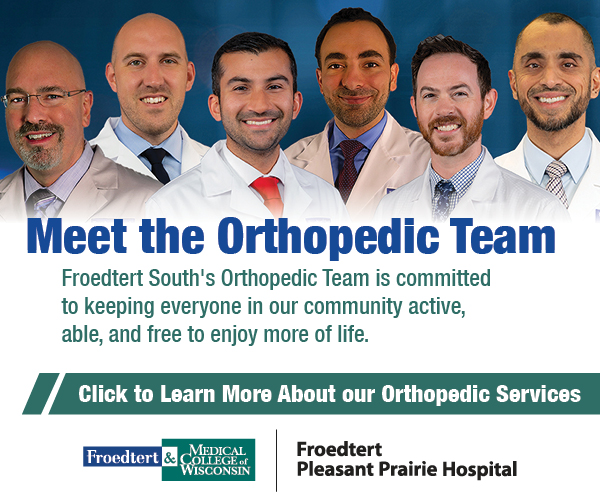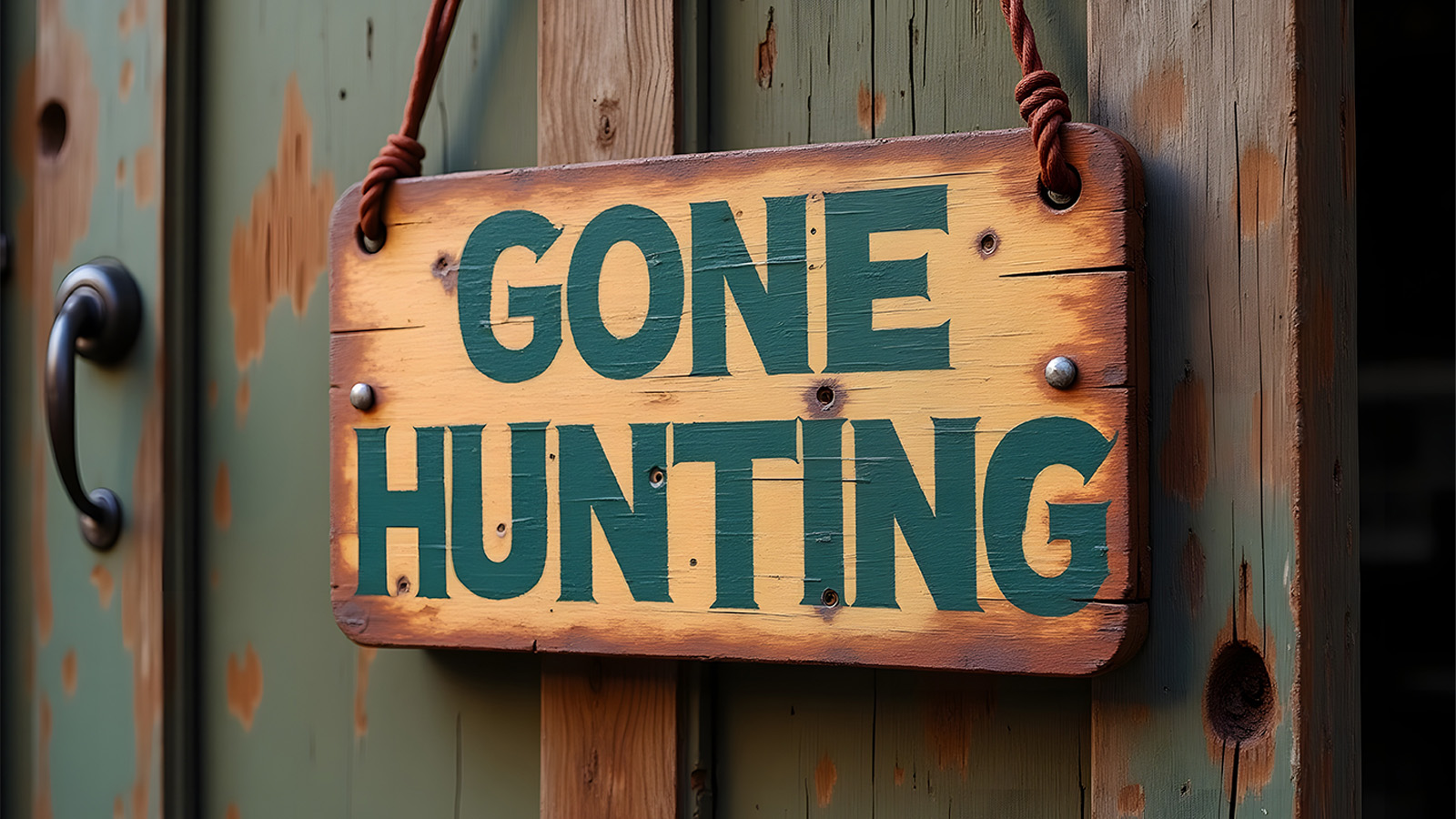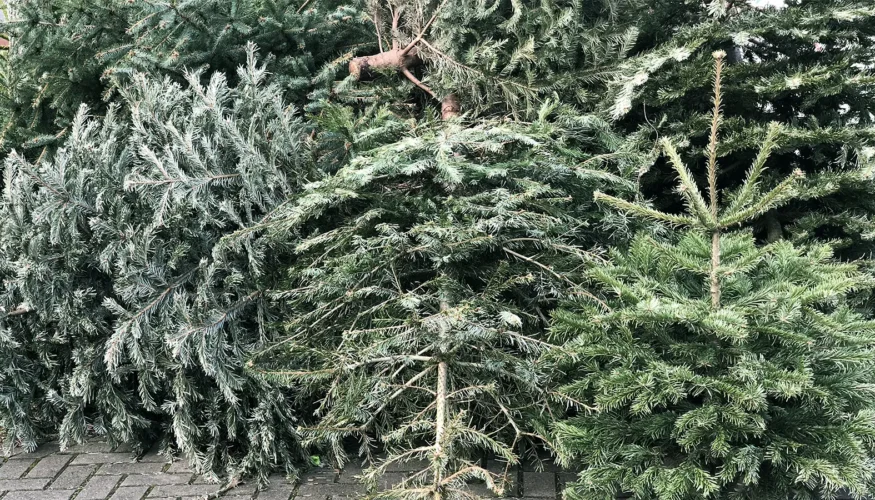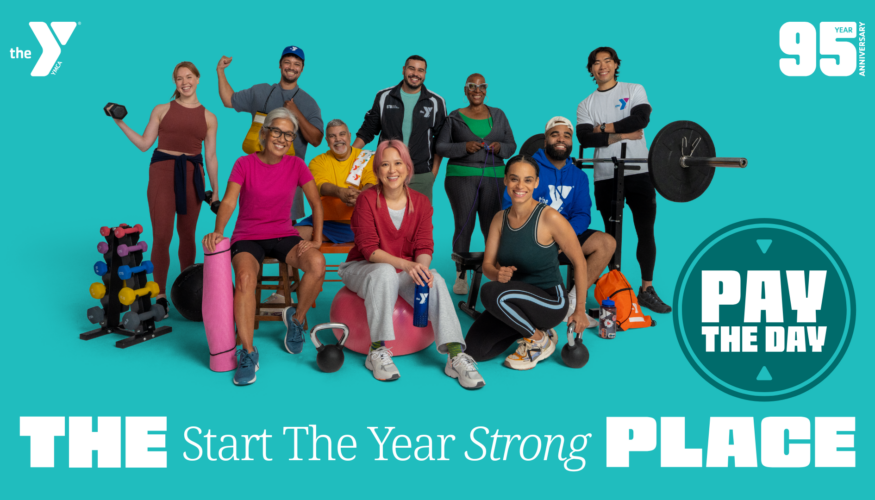The thrill of bagging a big buck can bring a smile to any hunter’s face. But the exertion of dragging that trophy back to camp could bring on a heart attack or stroke, according to the American Heart Association.
The gun deer hunting season begins in Wisconsin on Nov. 22, and continues through Nov. 30. About 900,000 hunters are expected to participate, according to online data.
“Many people look to hunting as a way to relax and commune with nature and if you’re healthy and in good physical shape, it can be a great way to get some outdoor exercise. However, for many hunters, the extra exertion, colder temperatures and even the excitement of the hunt can add up to a deadly combination,” Milwaukee American Heart Association Board President Dr. Joy Lincoln of Children’s Wisconsin and the Medical College of Wisconsin said.
Lincoln added that, because symptoms can vary, it’s vital that everyone understands the signs and seek immediate medical attention if they experience them.
“Some heart attacks are sudden and intense. But most start slowly, with mild pain or discomfort. Know all the signs, even those that aren’t the norm, pay attention to your body and call 911 if you experience any of these symptoms,” Lincoln said.
Heart attack symptoms include:
- Chest discomfort. Most heart attacks involve discomfort in the center of the chest that lasts more than a few minutes – or it may go away and then return. It can feel like uncomfortable pressure, squeezing, fullness or pain.
- Discomfort in other areas of the upper body. Symptoms can include pain or discomfort in one or both arms, the back, neck, jaw or stomach.
- Shortness of breath. This can occur with or without chest discomfort.
- Other signs. Other possible signs include breaking out in a cold sweat, nausea or lightheadedness.
Use the letters in F.A.S.T to spot a stroke
- F = Face Drooping – Does one side of the face droop or is it numb? Ask the person to smile. Is the person’s smile uneven?
- A = Arm Weakness – Is one arm weak or numb? Ask the person to raise both arms. Does one arm drift downward?
- S = Speech Difficulty – Is speech slurred?
- T = Time to call 911
Other signs can include: numbness or weakness of face, arm, or leg, especially on one side of the body; confusion, trouble speaking or understanding speech; trouble seeing in one or both eyes; trouble walking, dizziness, loss of balance or coordination; or a severe headache with no known cause
“Heart attacks and strokes can happen even to people who seem in good physical shape,” Lincoln said. “Listen to your body, take breaks if needed and have a plan in case of emergencies. Never hunt alone if possible and if cell phone service isn’t available, use walkie-talkies to stay in touch with your hunting party. Recognizing the warnings signs and seeking immediate help are key.”
Getting a person to the hospital quickly during a heart attack or stroke is critical to ensure they get medication and treatment to save their life. If calling 9-1-1 isn’t an option in the woods, it can also help to know in advance where the closest hospital is to the hunting area.
The American Heart Association urges hunters to learn Hands-Only-CPR in case one of their hunting party suffers a cardiac arrest. Cardiac arrest differs from a heart attack because the heart suddenly stops beating, often without any warning. Signs of a cardiac arrest are:
- Sudden loss of responsiveness – The person doesn’t respond, even if you tap them hard on the shoulders or ask loudly if they’re OK. The person doesn’t move, speak, blink or otherwise react.
- No normal breathing – The person isn’t breathing or is only gasping for air.
In the event of a cardiac arrest, seconds count. Call 9-1-1, begin CPR immediately and continue until professional emergency medical services arrive.
“Learning hands-only CPR is one of the best skills any hunter can have. The American Heart Association offers many local CPR classes, and even if you haven’t taken a formal class, you can still save a life. It’s two simple steps – call 9-1-1 and push hard and fast in the center of the chest,” Lincoln said. “While hunting can be a very strenuous activity, taking a few precautions and being prepared can make a difference in the safety of the experience.”
Learn more about heart attacks and strokes, along with preventive health tips at heart.org.
Additional American Heart Association Health Resources:
- Hands-only CPR instructional video
- Heart attack warning signs (English) Heart attack warning signs (Spanish)
- Stroke warning signs
- Heart attack vs. cardiac arrest
About the American Heart Association
The American Heart Association is a relentless force for a world of longer, healthier lives. Dedicated to ensuring equitable health in all communities, the organization has been a leading source of health information for more than one hundred years. Supported by more than 35 million volunteers globally, we fund groundbreaking research, advocate for the public’s health, and provide critical resources to save and improve lives affected by cardiovascular disease and stroke. By driving breakthroughs and implementing proven solutions in science, policy, and care, we work tirelessly to advance health and transform lives every day. Connect with us on heart.org, Facebook, X or by calling 1-800-AHA-USA1.







